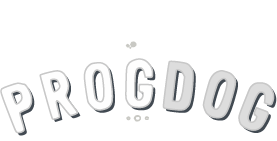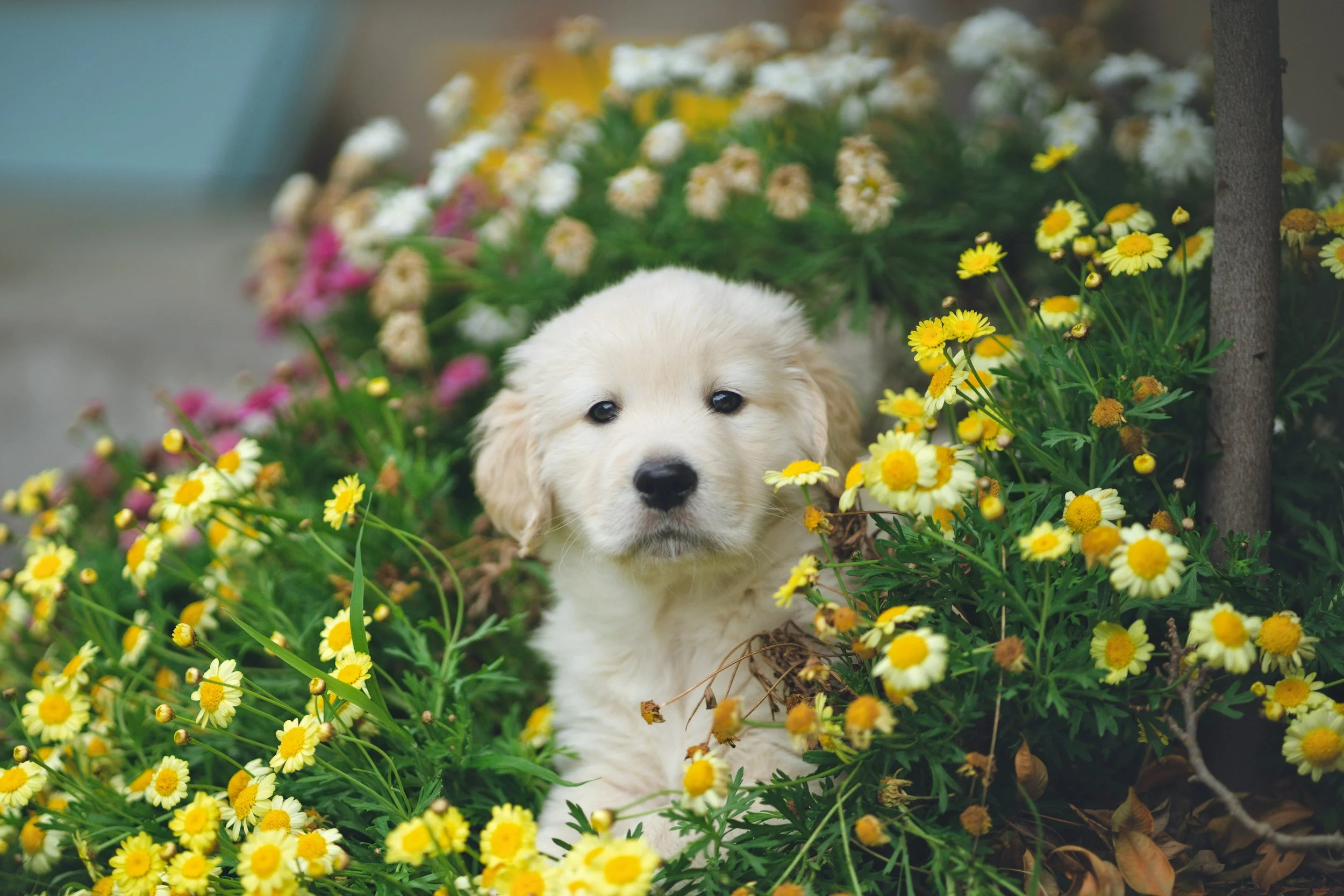Essential Tips for Raising a Happy and Healthy Puppy
Bringing a new puppy into your home is an exciting and wonderful experience, but it can also be challenging and feeling overwhelmed is not uncommon for new puppy parents. Here are some essential tips to help you navigate the early stages of puppy parenthood.
Preparation Before Bringing Your Puppy Home
Before your puppy arrives, make sure you have everything ready.
Create a safe space: Set up a cosy bed, crate or pen in a quiet area where your puppy can rest undisturbed.
Puppy-proof your home: Your puppy will be into everything and anything and will explore it all with their mouths. Remove any hazardous items or things you don’t want chewed and pop items such as television remotes out of puppy’s reach!
Gather supplies: Have toys, food, water bowls, training equipment, car safety equipment and grooming tools ready. Pop an old towel in the car for your first car journey home in case your puppy becomes travel sick.
Prepare and plan: Get ready to start training them from day one and plan together who will be doing what and when. It is a good idea to agree who will be doing the nightshifts and who will be doing the toilet training and so on. Pop treat pots in every room that are out of your puppy’s reach so that you can quickly and easily grab a treat to reward and help train your puppy when they do things you like.
2. The First Few Weeks at Home
The initial few weeks with your new puppy are crucial for your puppy’s development.
Socialisation: You have a short space of time to help your puppy grow into a confident adult dog. Introduce your puppy to different people, pets, and environments, but try not to overwhelm them at the same time. See my Puppy Training Tips page for more tips on how to socialise your puppy properly.
Training: Be ready to start training your puppy from the day they come home as they are learning things all the time and you will want those things to be the good things! Don’t delay toilet training and stick to a schedule to help them.
3. Toilet Training your Puppy
Toilet training requires patience and consistency, but with a good plan in place, it won’t take very long.
Crate training: Using a crate overnight and when your puppy is unsupervised can be really helpful with toilet training. Make sure there is enough room for them to be comfortable but not so much that they can toilet at one end.
Stick to a schedule: Take your puppy out every half an hour or every hour. Puppies have very small bladders and cannot hold it in for long, so giving them regular opportunities to empty in the right places will really help reduce any accidents indoors.
Keep a diary: Keeping a diary of your puppy’s toileting habits will help you quickly establish your puppy’s toileting routine. This means you can reduce your toilet training schedule accordingly. It also means that everyone in the household knows when your puppy has been or not been.
Don’t punish mistakes: Mistakes happen and puppies really don’t want to make them. Punishing your puppy for toileting indoors can actually cause long-term toileting issues for them. Simply clean it up thoroughly and get back to the schedule.
Positive reinforcement: Reward your puppy with treats and praise when they go to the toilet outside. Keep a pot by the back door so you can easily grab a treat on your way outside with them.
4. Dealing with Unwanted Behaviours
Puppies are naturally curious, explore the world with their mouths, get tired and irritable very quickly and will often do things you don’t want them to do.
Training: Don’t delay starting to train your puppy and, ideally, organise for a puppy trainer to help you as soon after bringing your puppy home as possible. The quicker you teach them the things you do want them to do, the better!
Chewing: Provide plenty of chew toys in all rooms of your house, especially when they are teething. Remove any household items from rooms if your puppy has decided to try and destroy it!
Sleep: Ensure that your puppy is getting plenty of quality sleep throughout the day. On average, puppies require between 16-18 hours of sleep per day! A tired puppy makes terrible choices! If you have children, tell them not to wake the puppy when they are sleeping.
5. Health & Wellness
Keeping your puppy healthy is absolutely essential.
Nutrition: Feed your puppy a balanced and nutritious diet appropriate for their age.
Physical & Mental Wellbeing: It is as important to work your puppy’s brain as it is to give them physical exercise so ensuring that you are meeting both of these needs is crucial.
Grooming: Gradually get your puppy used to being groomed. Start with small areas of their body initially and brush gently at first. Introduce your puppy to your dog groomer and ask for them to organise puppy sessions at the salon so that your puppy learns to love the grooming process.
Body Checks: Get your puppy used to being handled. Get them used to their feet being touched, ears checked, tail gently lifted and mouths/teeth checked. Don’t expect too much too soon, just do little sessions nice and gently here and there.
Raising a puppy takes time and effort.
But they really are worth it.
Yes, you are likely going to experience days where it feels overwhelming but I promise you, your puppy won’t be trying to make things feel hard. They are just young and they are learning.
Plan everything, stick to schedules and training and agree between you all who will be doing what and when.
By following these tips, you’ll be well on your way to raising a happy, healthy, and well-behaved puppy.
Enjoy the journey, they don’t stay so little for long and one day you will miss it.
If you would like help with training your puppy in Leicestershire, Rutland or online, I am here. With years of experience and qualifications, I offer specialist one to one and online puppy training sessions, as well as having an online self-paced course that you can take in your own time! Head to the Book Now page to get in touch.






